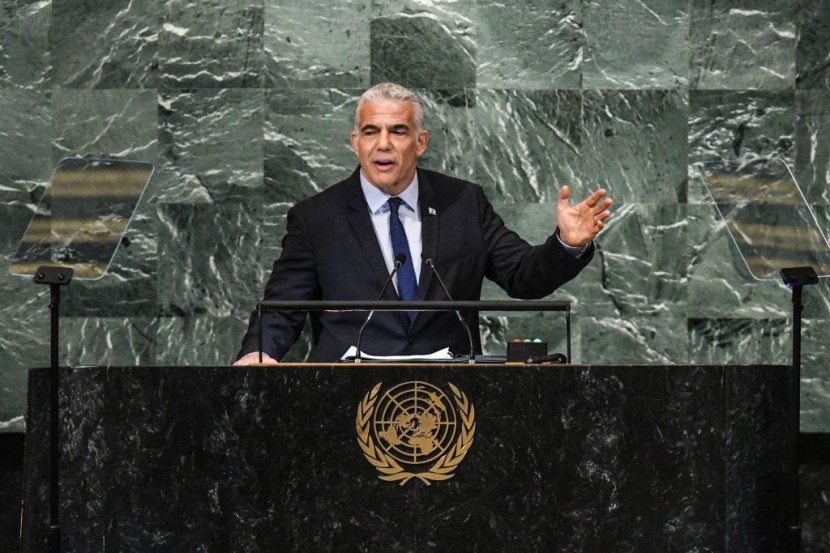
Israel and Lebanon have agreed on a "historic" maritime border deal to establish a permanent division between them, said United States President Joe Biden.
A finalized deal between the two nations would allow the neighbors, which are formally at war, to exploit natural gas fields under the Mediterranean Sea. In a statement, Israeli Prime Minister Yair Lapid said that the agreement would strengthen his nation's security and inject billions into its recovering economy.
Israel-Lebanon Maritime Border Agreement
On the other hand, Lebanese President Michel Aoun said that the terms of the deal were "satisfactory." Despite the historic deal, its details have not yet been revealed but it covers an 860 square kilometer triangle of the Mediterranean.
However, reports say that the Karish gas field would fall under Israeli control, along with a small portion of Qana, which is a prospective gas field. The remaining parts of the area would fall under Lebanese control and it would pay royalties to Israel for any gas extracted from the Israeli side, as per BBC.
On Monday, the White House said that Biden had congratulated the Israeli and Lebanese leaders on moving forward with the deal. The Democrat said that the agreement will provide for the development of energy fields for the benefit of both nations.
Biden added that the deal sets the stage for a more stable and prosperous region and will allow for the harnessing of vital new energy resources for the world. The Democratic leader said that it was not critical that all parties involved uphold their commitments and work toward implementing the agreement.
According to the Washington Post, the deal is expected to end a decades-long dispute over the two nations' maritime border, easing growing military tensions, and provide a desperately needed source of income for Lebanon.
Read Also: Joe Biden, US Government 'Reviewing' Ties with Saudi Arabia Amid Oil Cuts, Russia Controversy
Potential for Rich Gas Exploration
Leaders from Beirut and Jerusalem hailed the agreement, which needs formal approval in both Israel and Lebanon, as a historic breakthrough. The deal becomes the first agreement on border demarcation between the two countries.
Lebanese leaders have not yet made an official announcement of the deal other than President Aoun's previous remarks about the final version of the agreement. He said that the deal answers his country's demands and preserves its rights to its natural wealth.
Officials are hoping that the deal, if finalized, would cool intensifying tensions along the frontier as Hezbollah, the Iran-allied militant group, controls southern Lebanon. It has threatened to attack a new offshore gas facility that Israel is readying for production in what Lebanon claims are disputed waters.
The militant group also launched drones toward the gas field more than once, including three unmanned aircraft that Israel shot down in early July. facing Hezbollah's threats in the case that Israel begins pumping natural gas from the Karish Field, Defense Minister Benny Gantz put troops on high alert.
However, Lebanese authorities said that the deal does not mean any "treat" will be signed with Israel. They added that the agreement is not a step toward the normalization of relations between the two countries, CNN reported.
Related Article : Iran Protests: Oil and Petrochemical Workers Join Nationwide Anti-Government Rallies, Possibly Crippling the Islamic Republic
© 2025 HNGN, All rights reserved. Do not reproduce without permission.








